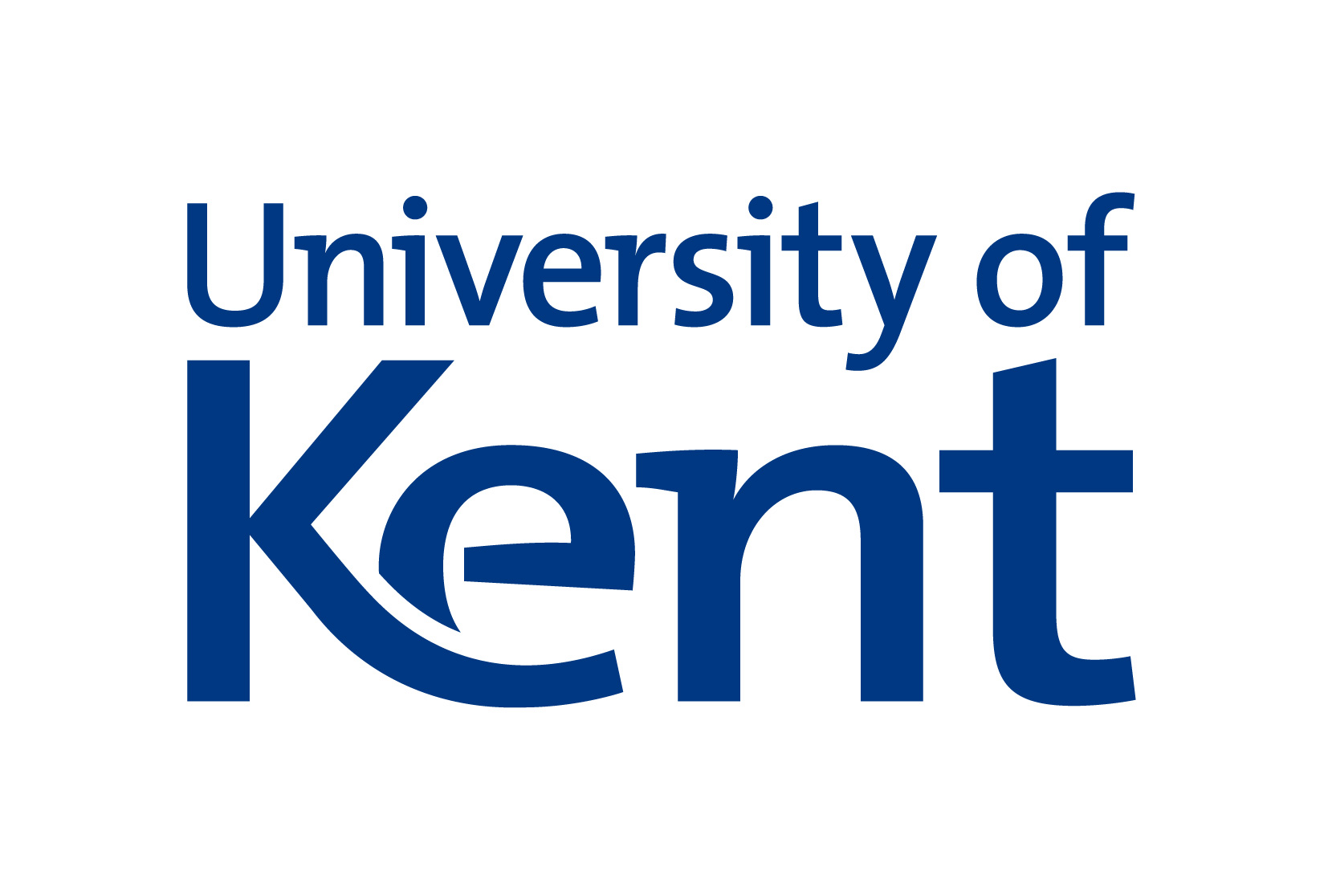About Biochemistry - Bsc (hons) in University of Kent
In the School of Biosciences, we have a community spirit and students learn with and from each other. We are also renowned for our innovative teaching methods, including:
- new ways of using IT in lectures, which allow you to revisit the teaching at a later date
- academic-developed animations to help explain tricky concepts
- final-year communication projects teaching you how to share scientific knowledge with the public.
n your first year, your modules give you an insight into various biological and chemical disciplines, including biochemistry, cell and molecular biology, microbiology and physiology. Your second year builds on this knowledge and covers areas such as gene regulation, cell biology and metabolism.
In your first and second years, you also take specific modules to develop your skills as a bioscientist.
In your final year, alongside your compulsory modules, you conduct a research project. There are three types of project: laboratory; literature and data analysis; or communication. From the many areas of research covered in the School, you choose to focus on an area that interests you. You also choose two optional modules from a range that covers areas such as the biology of ageing, cancer biology and neuroscience.
Academic qualification equivalents
English language requirements
- IELTS : 6.5 overall (with a minimum of 6.0 in R&W; 5.5 in S&L)
- TOEFL IBT: 90 overall (with a minimum of 22 in R; 21 in W; 17 in L; 20 in S
- PTE: 62 overall with 60 in each subtestzzz
Highlights
| Establishment Year |
1965 |
| Location |
Canterbury, England |
| University Type |
Public |
| Campus Setting |
Rural |
| Student Enrollment |
19,860 |
| Endowment |
£ 5.528 million |
| Mode of Program |
Full time, distance and online |
| Financial Support |
Available |
| Campus Housing |
Available |
University of Kent Cost of Attendance
| Expenses |
Estimated cost (in GBP) |
| Undergraduate Fee |
15,200-18,400 |
| Postgraduate Fee |
16,000-19,000 |
| Average cost of living |
12,968 |
